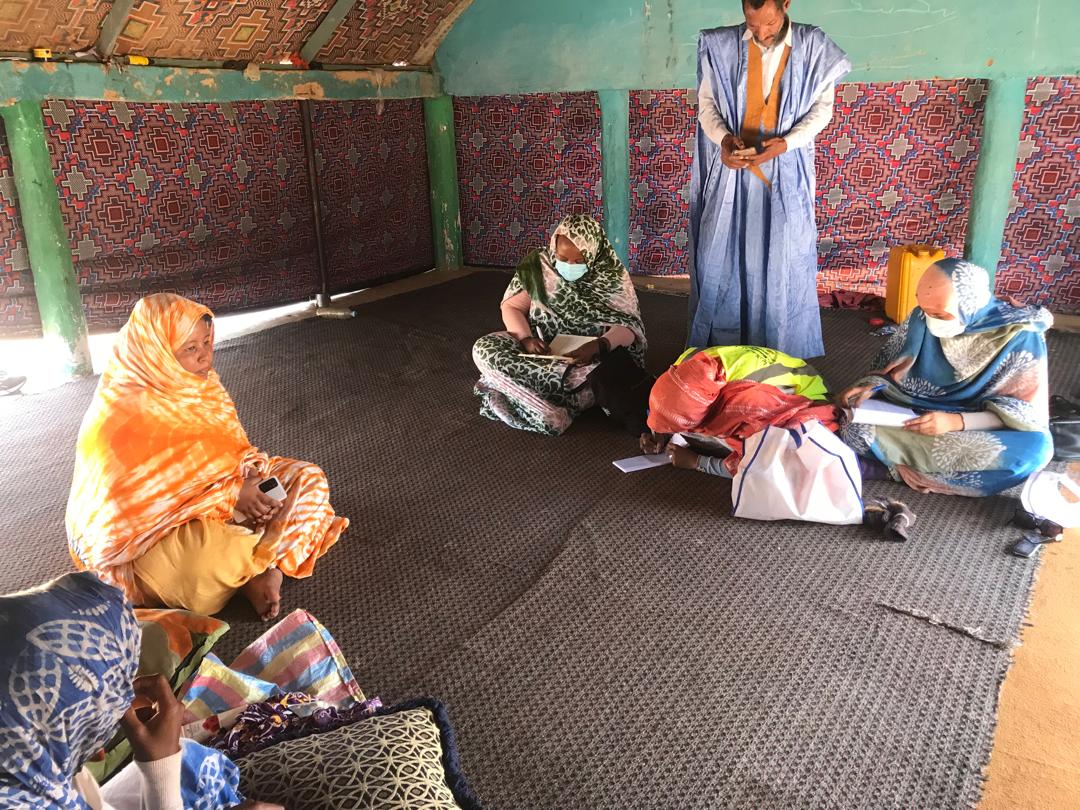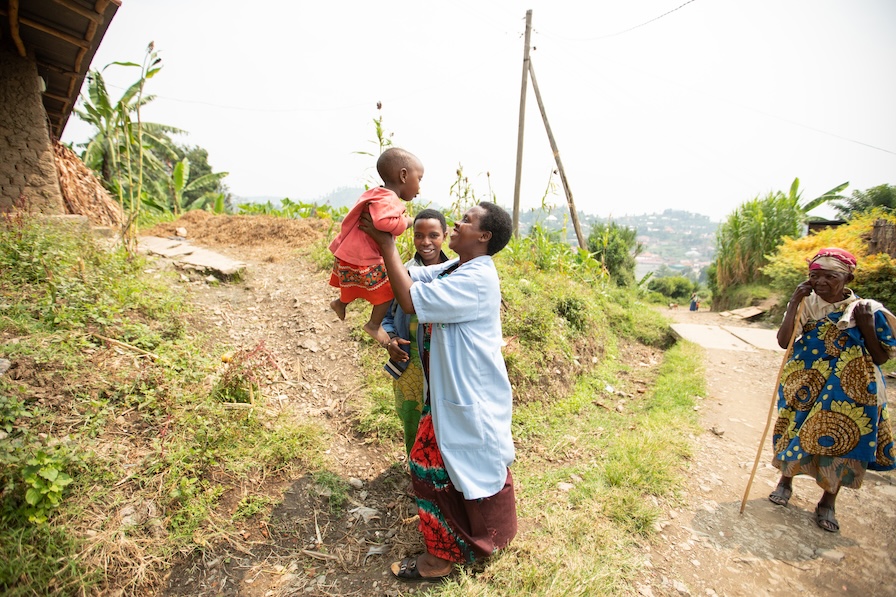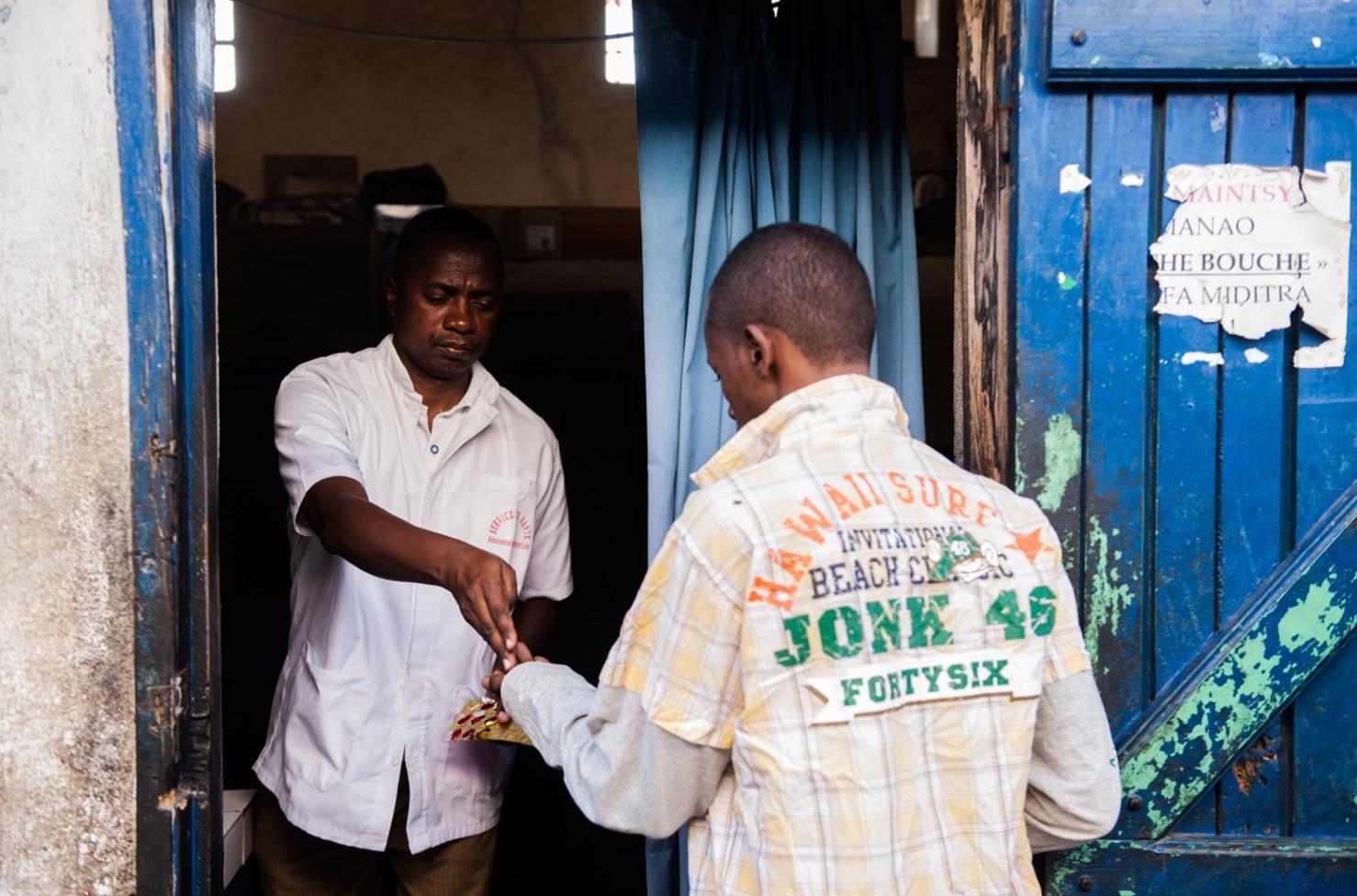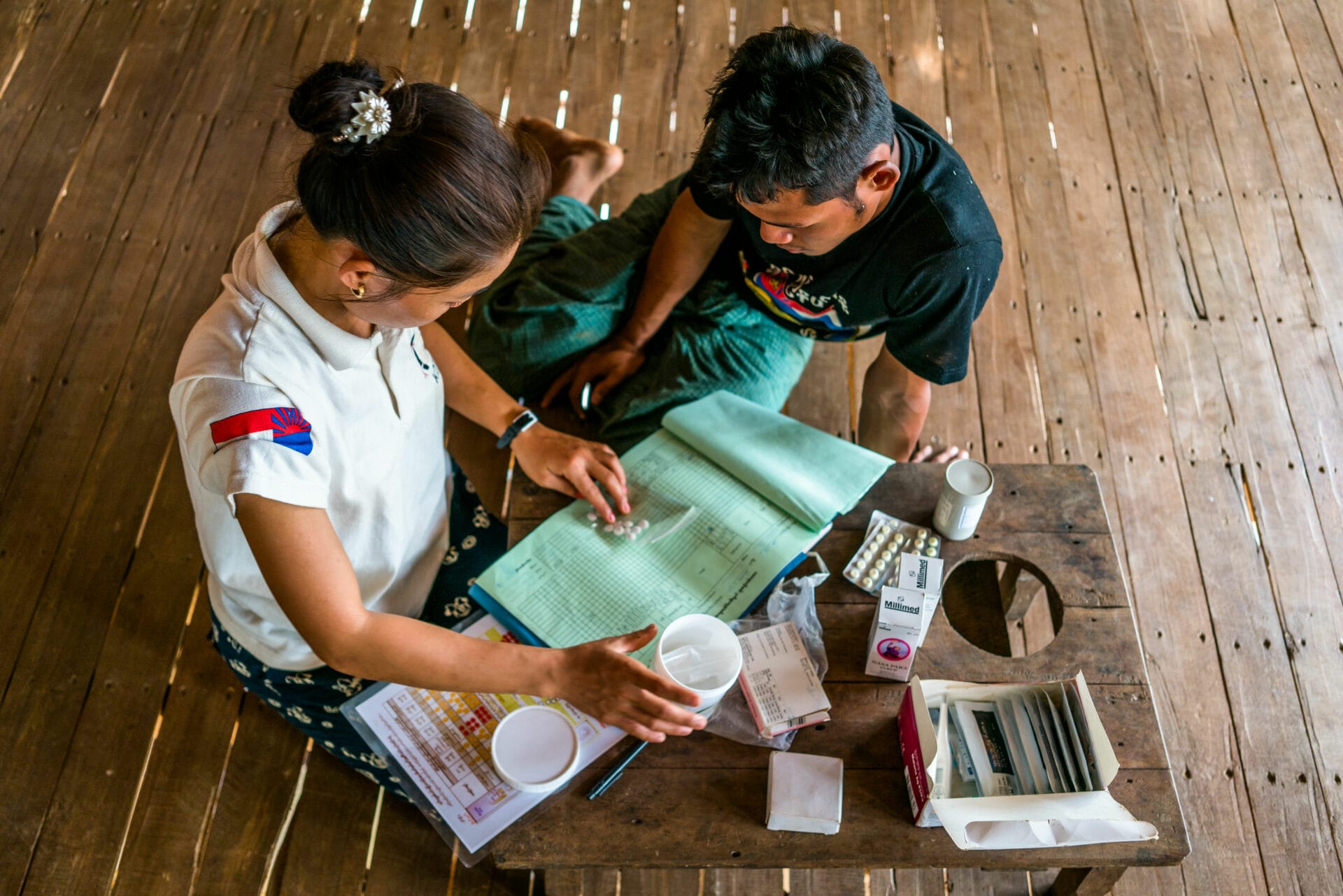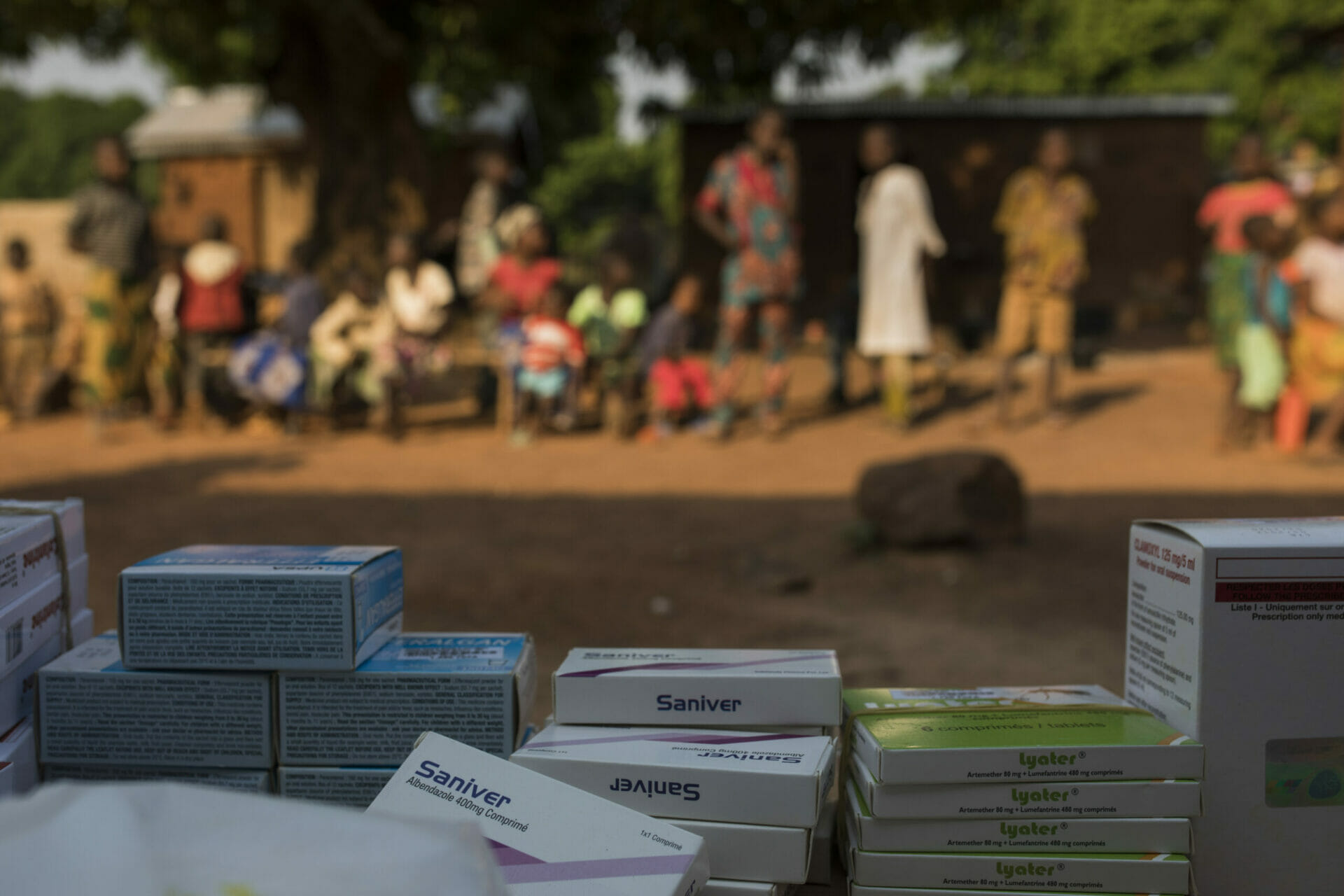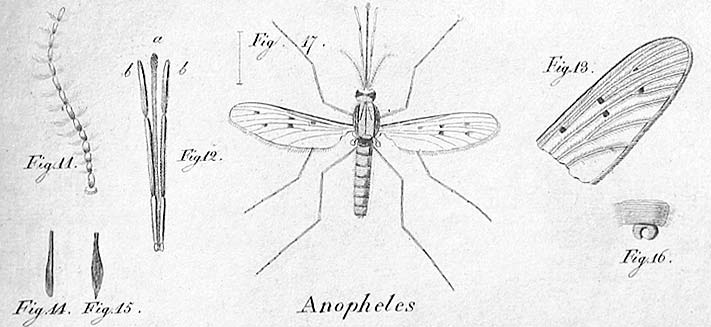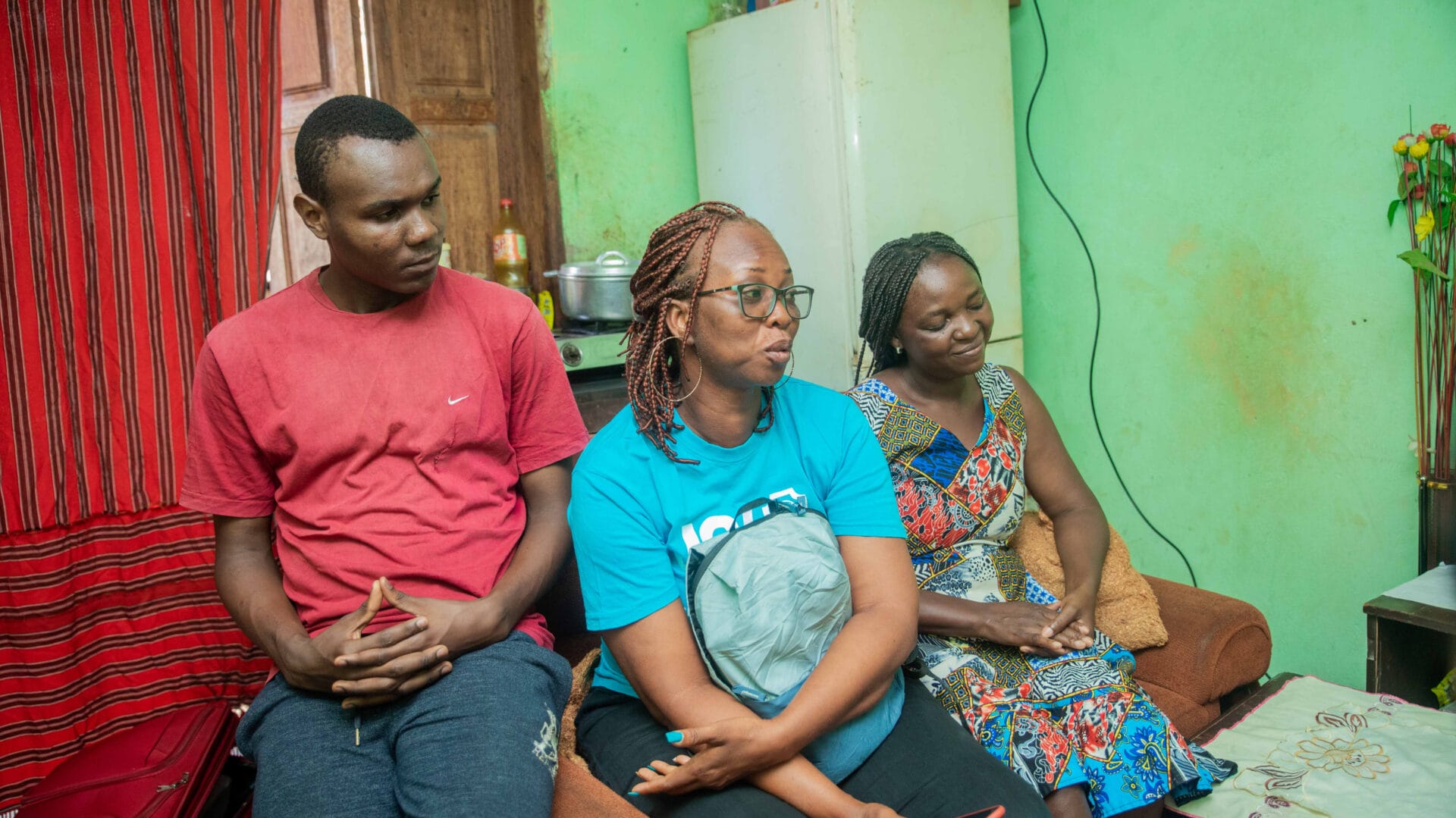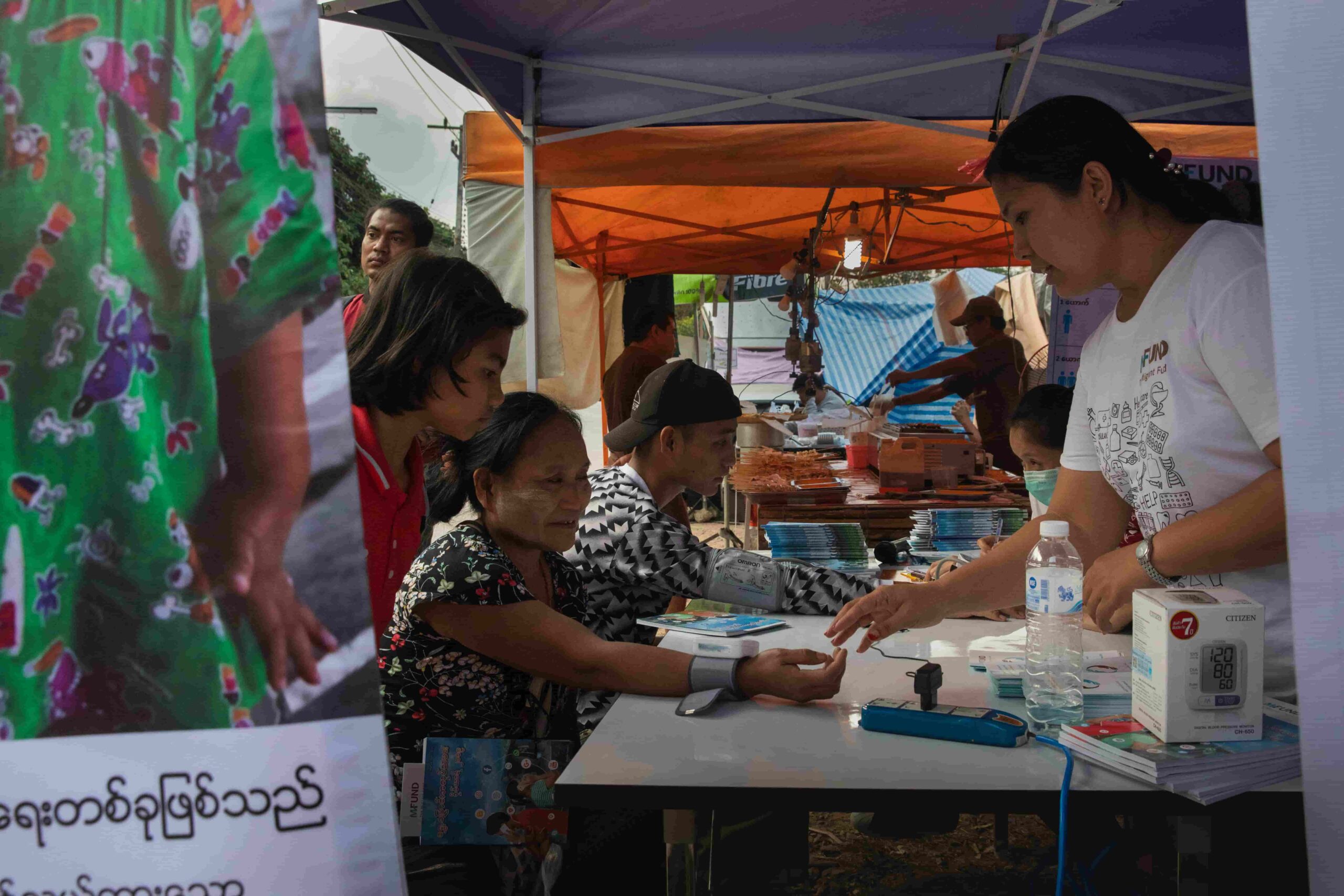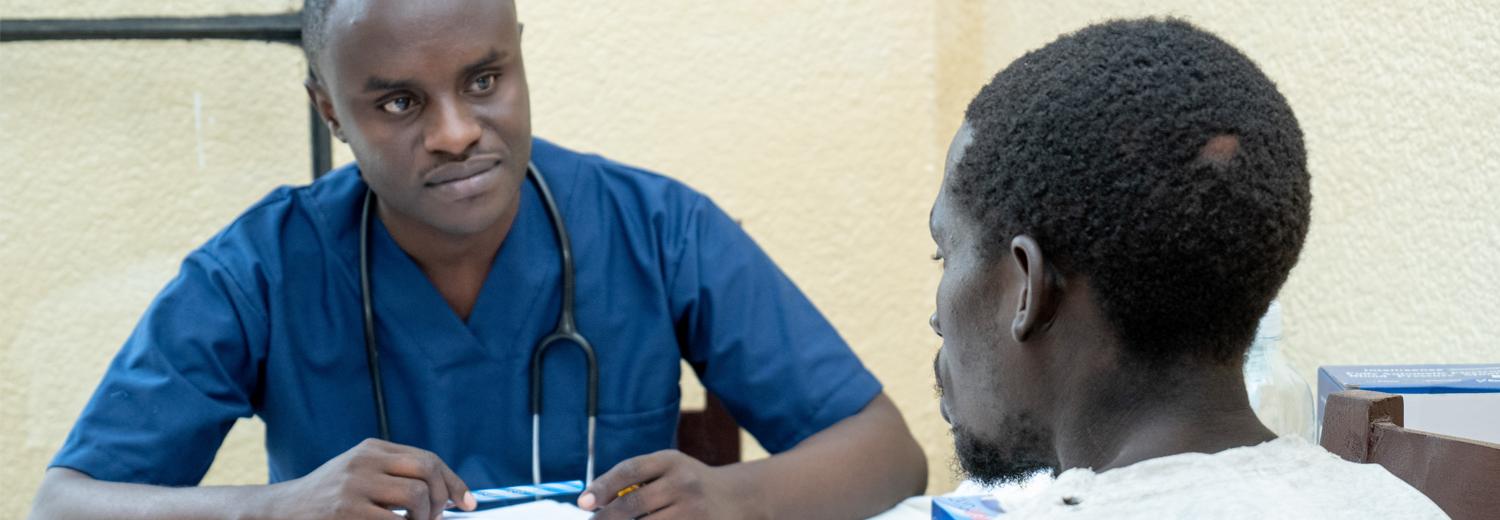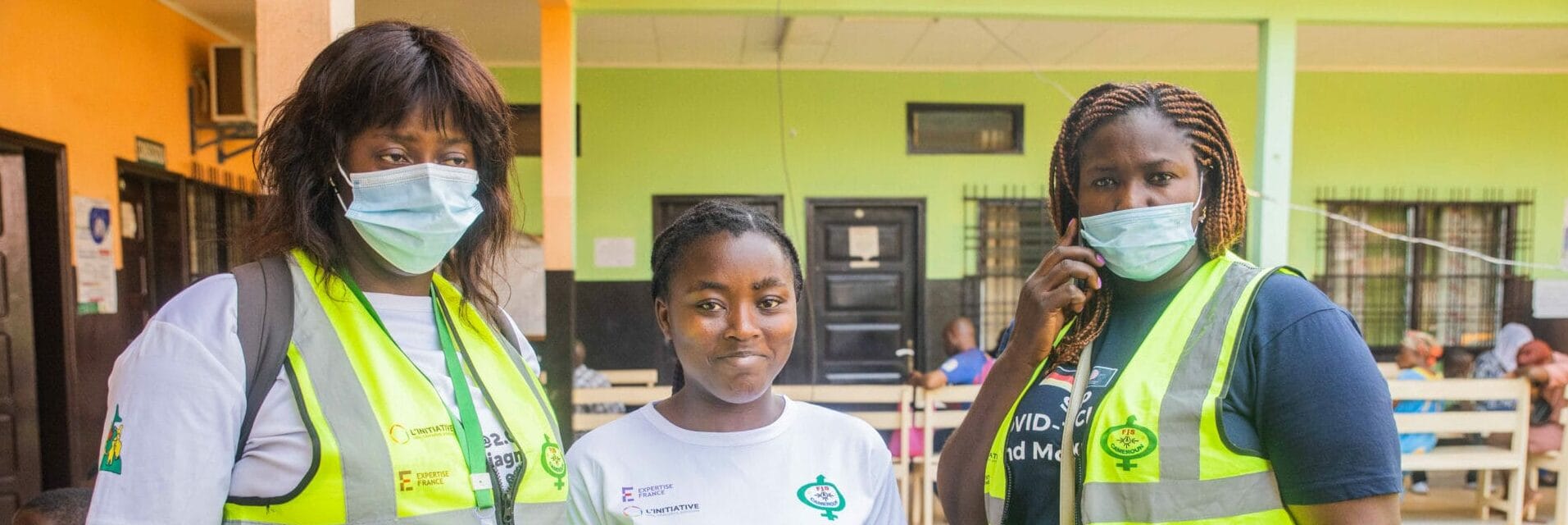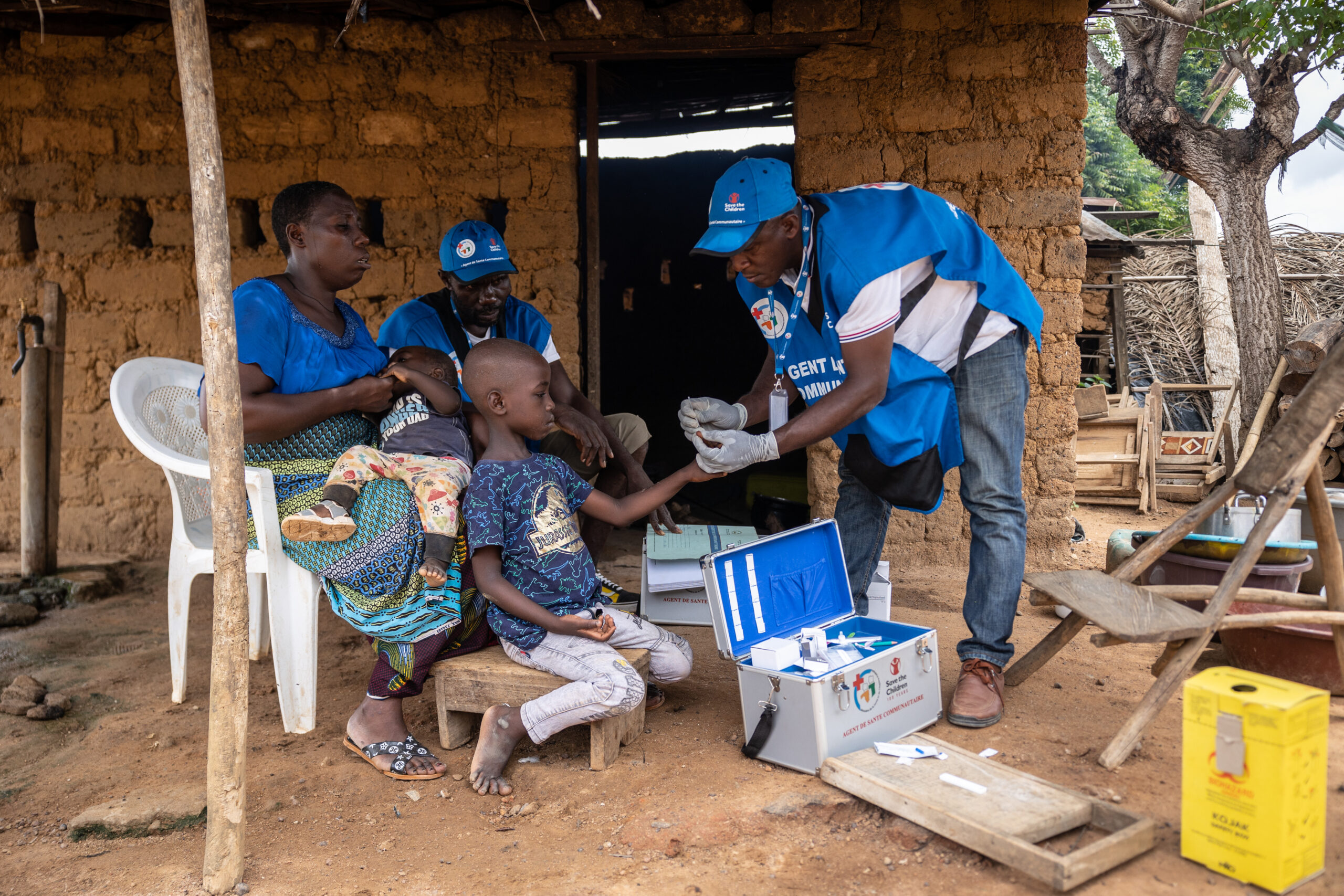DATP Mauritania: Committed to the Fight Against Malaria
Sub-Saharan Africa is heavily affected by HIV/AIDS, tuberculosis, and malaria—persistent health scourges that national health systems often struggle to address effectively. In Mauritania, strengthening the qualified workforce, improving health infrastructure, and securing the supply of medicines are key levers to intensify the fight against HIV, tuberculosis, and malaria. Malaria remains the leading cause of medical consultations during high transmission periods and affected more than 212,000 people in 2022. In this context, L’Initiative supported in 2021 the deployment of a new type of planned technical assistance mechanism (DATP) to provide sustainable support for the country’s efforts. Malaria control is one of the top priorities of this program. Dr. Chanelle Muhoza, resident expert for DATP, shares insights into the program and its actions regarding malaria prevention and treatment.
What is the context of L’Initiative’s support, particularly through the Planned Technical Assistance Program (DATP), in Mauritania?
Malaria is the fifth deadliest disease in the country. Transmission is seasonal, occurring during the rainy season from July to October, and is concentrated in the southern and southeastern regions. In fighting this disease, we face several major challenges. One of them is the supply of tests and medicines, which is particularly difficult in a large country like Mauritania—almost twice the size of France. Despite efforts, stockouts are frequent. Under these conditions, it is difficult to ensure consistent disease diagnosis and treatment. Another key challenge is data reporting—both on malaria incidence and prevalence, and on the performance of human resources in the field.
To improve this situation and strengthen the implementation of Global Fund grants dedicated to malaria—amounting to $10 million—the Mauritanian government sought support from Expertise France, and the DATP was launched in 2021.
At that time, the team responsible for grant implementation was very small, and monitoring and evaluation activities were underdeveloped. Expert interventions were sporadic. This situation led to interruptions in implementation. I joined DATP in December 2022 as the resident malaria expert and team leader. Now a major technical support structure for the Ministry of Health, DATP includes a tuberculosis expert, an HIV expert, and administrative and financial staff, all working continuously to fight the three diseases and strengthen the health system.
What was your background before joining the program?
I’m a general practitioner by training. After my studies, I worked in several regional hospitals in Burundi. I then worked with the country’s National Malaria Control Program (NMCP). Later, I completed a master’s degree in public health, with a focus on health program management. I also carried out consulting missions to support several countries, such as Cameroon, the Central African Republic, and Congo-Brazzaville. These experiences led me to apply for L’Initiative’s call for applications and become the resident expert for the DATP in Mauritania.
As a resident expert, what is your role within the DATP?
Since I arrived, I’ve been working to improve data reporting, both in terms of quality and quantity. This data is essential to enhance the effectiveness of Global Fund grant implementation. In 2022, only 43,871 malaria cases were reported in Mauritania. Underdiagnosis was a major issue. In 2024, 81,747 cases were reported by health facilities. This improved data accuracy gives us a better picture of the disease and enables us to make decisions based on real needs. I also provide technical support for implementing priority strategies such as seasonal malaria chemoprevention (SMC) campaigns, mosquito net distribution, supervisory visits, and the development of national malaria guidelines. This helps us carry out more effective prevention and improve case management by ensuring timely care.
We’ve also worked to reposition the DATP as a large-scale structure. It now fully supports health programs funded by the Global Fund and aligns with current national priorities. For example, upon my arrival, I noticed that the molecule used for SMC was not compliant with WHO recommendations. This issue wasn’t initially part of our action plan, but we added it during the revision of the national malaria guidelines to help the country align with global standards. This ability to adapt applies to all three diseases targeted by the DATP. Our team adjusts its technical and strategic support quickly based on needs expressed by the national programs—whether for HIV, TB, or malaria. Our support is designed to be flexible and responsive to the country’s evolving priorities.
As a team leader, I also want to highlight that this health system strengthening work is cross-cutting and carried out by all DATP experts—whether in HIV, TB, supply chain management, or community health—supporting the Ministry of Health and Global Fund coordination bodies. The DATP team helps implement Global Fund grants for all three diseases and continuously monitors performance indicators. Community health now plays a central role in our work, particularly through the involvement of community health workers (CHWs) in malaria control and support for civil society organizations.
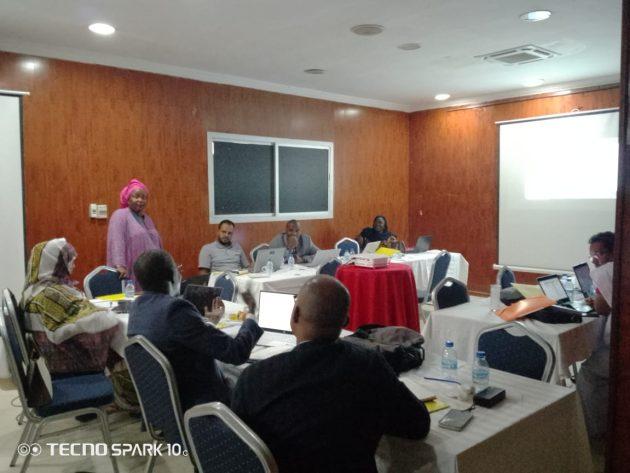
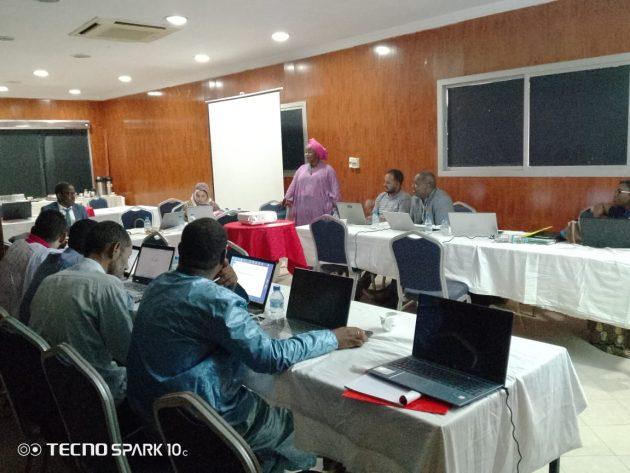
Can you tell us about the strategic shift made by the NMCP?
Since 2021, the NMCP had identified the northern regions (Tiris Zemmour, Dakhlet Nouadhibou, Adrar, and Inchiri) as eligible for malaria elimination in its strategic plan, but no concrete action had been taken. In 2024, a true elimination process was launched. This shift was reflected not only in the intention to change the program’s name to the National Malaria Elimination Program (PNEP) but also in the development of an elimination project and key strategic documents. As a malaria expert within the DATP, I supported this strategic shift by helping design the elimination project and draft key documents. The goal is to begin concrete interventions in the four northern regions as well as three areas (North, West, and South) in the capital, Nouakchott, and then gradually extend the initiative to other parts of the country.
What work are you doing with various partners?
We provide mentoring and training to NMCP teams. On a daily basis, I also work closely with the malaria program officer at the WHO office in Nouakchott and the community health lead at UNICEF. We hold regular coordination meetings with partners. The goal is to consult with each other to improve activities and maximize impact. We’re also in frequent contact with L’Initiative, which not only provides financial support but also assists us on certain technical aspects.
We are also helping revise the national malaria control guidelines. When I arrived in 2022, WHO’s recommendations on malaria were not fully implemented. They are now more integrated, and we plan to train our partners on the updated guidelines. Lastly, we participate in training healthcare workers, especially midwives. We emphasize the use of mosquito nets by pregnant women and the importance of preventive treatment during pregnancy. This is also an opportunity for my colleague in charge of HIV at the DATP to raise awareness of that disease.
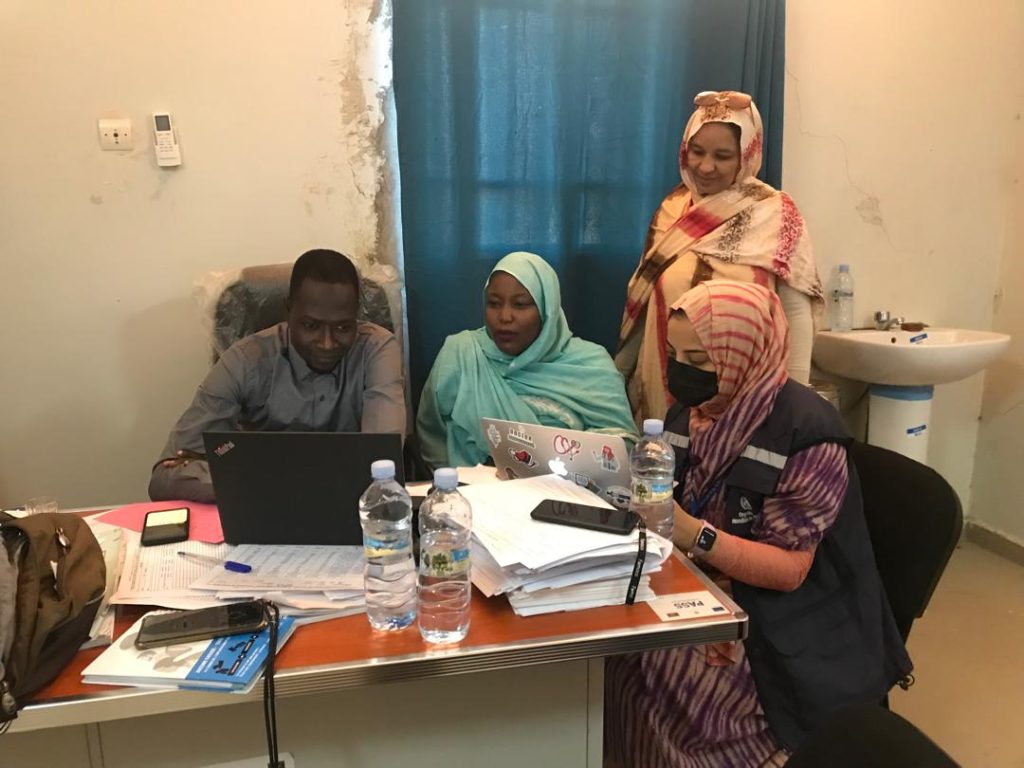
What flagship actions has the DATP carried out?
In 2022, the DATP supported the organization of the first SMC campaign. This strategy involves giving antimalarial drugs to children aged three to nine months, who are highly vulnerable, to prevent severe cases. During transmission season, CHWs visit families 3–4 times to distribute treatment. We continued these campaigns in 2023 and 2024 across seven districts. Since I joined, we’ve ensured that CHWs report data from the field, mainly via the national DHIS2 platform, to improve campaign preparation, planning, and execution.
The data revealed that, while turnout was high during the first visit, many parents did not return to collect the remaining doses. Regular follow-up is crucial to ensure SMC’s effectiveness. This insight allowed us to address the problem. We visited families door-to-door to raise awareness and ensure treatment completion. We also strengthened communication. Mobile teams were deployed to reach remote communities.
Another issue we identified was a lack of anticipation in managing stockouts, which we are addressing using available data. Another major area of action is the distribution of long-lasting insecticidal nets. A large-scale distribution was organized in 2023 in eight endemic regions in the south and southeast—the next one is scheduled for 2026. This campaign was organized by UN agencies, particularly the United Nations Development Programme (UNDP). We supported them from the pre-analytical phase through to implementation. For ten days, we estimated the number of people in each household, followed by four days of distribution. Each person received a voucher indicating their name and number of nets. Health agents educated families on proper use. Over 1.5 million nets were distributed at pre-identified sites. These various actions carried out by the DATP are helping to strengthen Mauritania’s health system and accelerate the fight against malaria.
